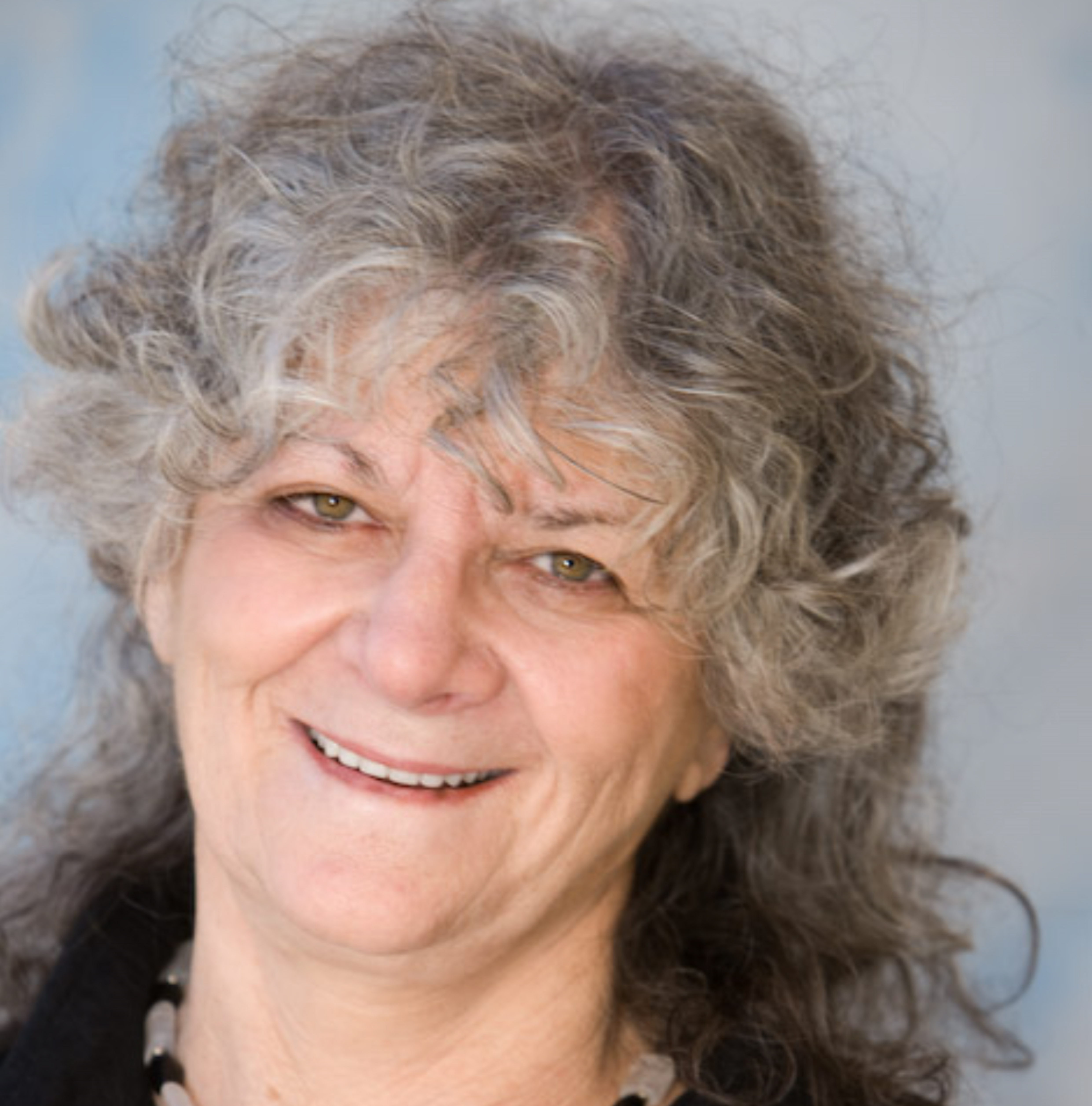使用账号密码登录
Welcome Back
使用表单注册
Welcome Back
Brief Introduction
Ada Yonath is focusing on the translation of the genetic code to proteins by ribosomes, on antibiotics hampering this process, on human diseases associated with ribosomal mutations and on origin of life. She initiated these studies despite persistent global skepticism, and introduced forefront key scientific developments, which became the common routine within a few months.
She is Directing the Kimmelman Center for Biomolecular Structures at Weizmann Institute (WIS), where she got her PhD and is currently a Professor. She postdoced in Carnegie Mellon, MIT and U. Chicago. In the seventies, she established at WIS the first structural-biology laboratory in Israel, which was the only one in the country for almost a decade. During 1986-2004 she headed Max-Planck-Research-Unit-for Ribosome-Structure in Hamburg, in parallel to her WIS activities.
Among others, she is a member of US-National Academy; British Royal Society; Israel Academy; German Leopoldina; Pontificia Accademia-delle-Scienze (Vatican); Japanese, Korean, Italian and European Academies, and holds honorary doctorates from over 45 Universities worldwide. Her awards include Louisa-Gross-Horwitz, Wolf, Harvey & Israel prizes; Linus-Pauling Gold Medal; UNESCO/L’Oreal Award; Albert-Einstein Award for Excellence; and 2009 Chemistry Nobel Prize.
From origin of life to exploiting genetic code translation principles and cellular connective tissues for the design of next generation therapeutics
Illuminating architectural principles of the dynamic genetic code translation process, alongside the plausible variability of cellular connective tissues led to the design of unique translatable mRNA-collagen constructs, designed for controllable protein synthesis.
Similarly, in principle, structural analyses of diseases associated with genetically mutated human ribosomes should shed light on specific translation properties and specific biological pathways. Thus hints for novel the therapeutical platforms can be provided.
Parallel studies identified the ribosomal internal active pocket that provides the stereochemistry for peptide bond formation, which seems to represent a prebiotic synthetic machinery.

